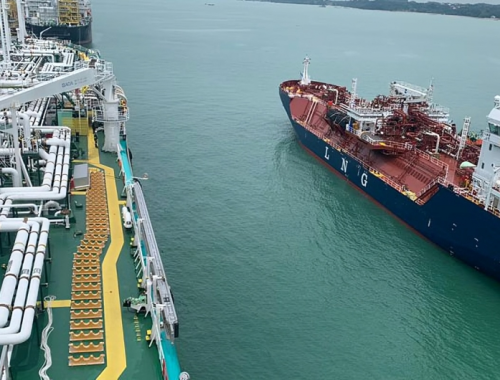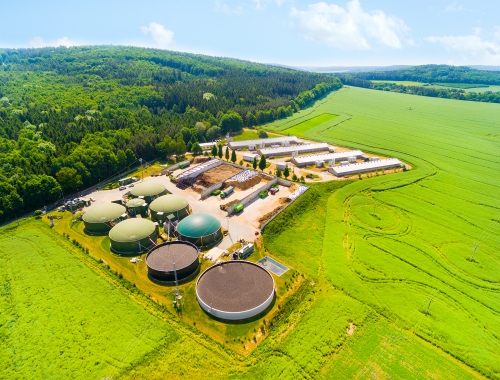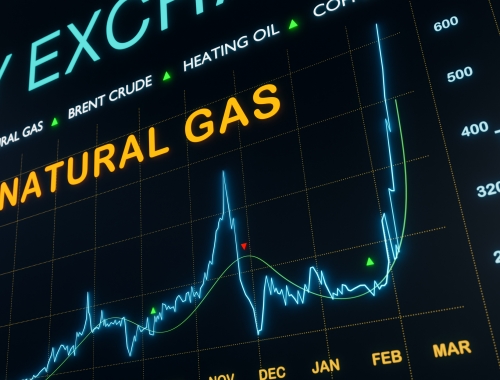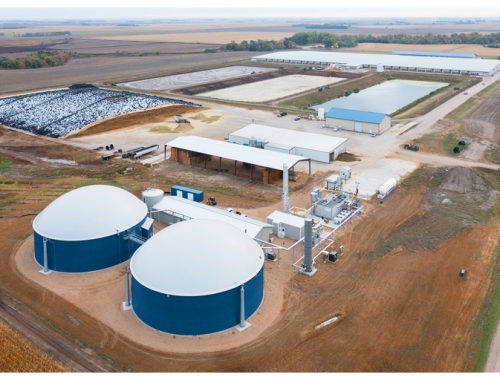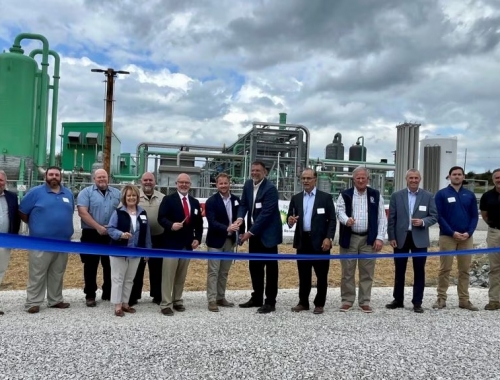Appalachian methane program concludes pilot year
SUMMARY
Programme will be expanded to cover 90% of Appalachian Basin production in 2024.
By Dale LunanThe Appalachian Methane Initiative (AMI), launched by Chesapeake Energy, EQT and Equitrans Midstream in January 2023, said March 19 it had completed its 2023 pilot methane emissions monitoring programme and is looking ahead to expanding the project to cover up to 90% of the Appalachian Basin in 2024.
As part of the 2023 pilot programme, AMI conducted more than 1,700 surveys of gas facilities and 60 surveys of non-oil and gas facilities – mainly coal mines – across the basin, representing about 5.8bn ft3/day of natural gas production.
AMI engaged Bridger Photonics and ChampionX for methane surveys, SLR International for strategic consulting, and the Energy Emissions Modeling and Data Lab (EEMDL) – a consortium of the University of Texas at Austin, Colorado State University and the Colorado School of Mines – to lead the scientific analysis.
Condensate tanks and compressors were found to be the largest sources of methane emissions, with non-oil and gas operations “consistently” contributing to the majority of as-measured emissions – 76% in Q2 2023, 53% in Q3 and 73% in Q4.
Building on the success of the 2023 pilot programme, AMI has added Ascent Resources, CNX Resources, MPLX and Seneca Resources as members, substantially increasing the footprint of its 2024 campaign.
This year, AMI expects to monitor more than 20,000 mi2 of the Appalachian Basin, up from 1,100 mi2 in 2023, covering gas facilities representing about 31.5bn ft3/day of production capacity, or about 90% of the basin’s total daily capacity.
More than 6,000 oil and gas sites will be monitored on a regular basis, up from 600 in the pilot programme, while the number of monitored non-oil and gas sites such as coal mines and landfills will increase to 181 from 21.
“The Appalachian Methane Initiative is a state-of-the-art example of a successful cooperative and transparent approach to addressing methane emissions from the oil and gas sector,” said Arvind Ravikumar, a faculty member of the Hildebrand Department of Petroleum and Geosystems Engineering at the University of Texas at Austin and a director at EEMDL. “By ensuring that data are collected, analysed, and reported by an independent academic institution, AMI seeks to model the level of transparency and scientific rigor necessary to compete in a global market looking for low emission natural gas.”
This independent measuring, monitoring and reporting framework will form the basis on which global efforts move ahead to transparently and rapidly reduce methane emissions, he added.
“Together with the ability to use upcoming satellite technologies for emissions verification, AMI demonstrates a scalable pathway to comprehensively address fugitive methane emissions within the next decade.”


